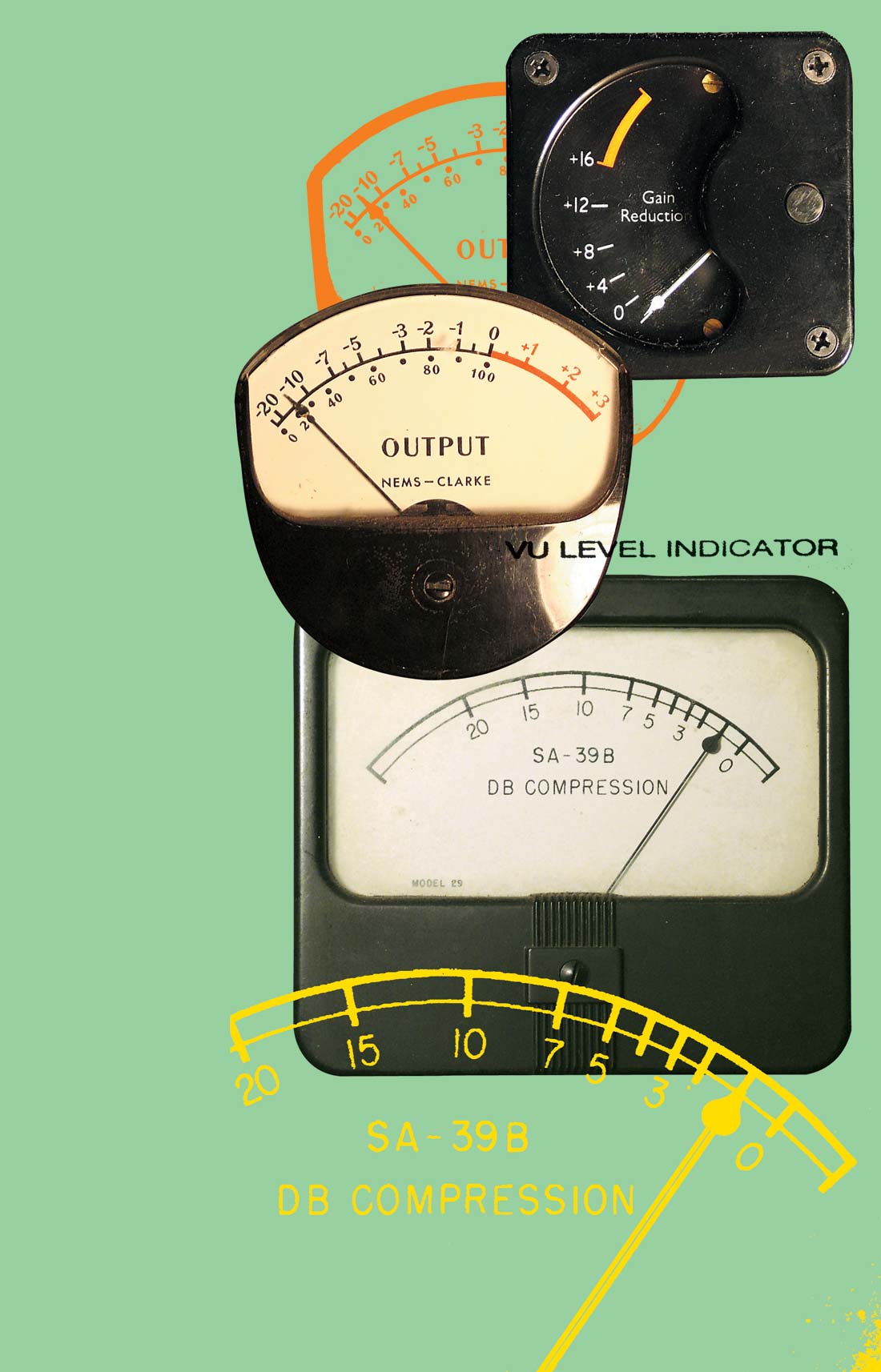I haven't had this much fun with audio software in a long time. Imagine an application window that displays a graphic representation of a computer keyboard. Onto each key you can drag-and-drop any soundfile no matter what format the file. Once a soundfile is dropped onto a key, you can play that soundfile by pressing the physical computer key, clicking the virtual key on the screen, or sending a MIDI note that you assign to that computer key. And that's just about it. Now imagine what you could do if you installed this on your laptop and took it on stage. Or imagine how useful this system would be in a tape- based studio. Or imagine how quick it would be to load, audition, and print sound effects, samples, songs, and any other sounds from wherever you collect them, without having to worry about file format conversion, even if you have a DAW. That's Alphabet Soup. And it's really that easy to use!
But beyond the extremely simple user-interface are some cool features. Each key graphic on the screen has a white dot on it. Dragging that dot with a mouse from side-to-side affects the pan of that sound while up-and- down affects the volume-neat and pretty intuitive. There's also a master pan/volume dot in the lower left of the keyboard. An Inspector window for each key, which opens when you right-click on the key, allows you to edit (via clipboard-based cut/copy/paste operations) the key's clip. A visual waveform is displayed and all you do is click and drag with the mouse to choose an edit region, and Alphabet Soup automatically scrubs the region in whichever direction you dragged open your selection. Unfortunately, if you have a big soundfile (I was trying to edit an eight-minute AIFF file), you can drag out a long region that will continue to play even after you close the Inspector window. Also in the Inspector is a pane for adding Apple AudioUnits Effects plug-ins. If you've never used the AU multiband compressor, you're in for a pleasant surprise. With this compressor, you can not only tweak a sound, but you can change it drastically, making it bombastic and pretty much unrecognizable from the original. Great for drum loops. Furthermore, the Inspector allows you to change how you want to trigger the sound. You can assign a MIDI note to the key. And you can configure playback to stop as well as start from the note or key trigger, or you can have the sound start from the beginning each time you press the key. I wish this latter feature was available in real-time during performance. For example, I'd like the sound to start from the top every time I hit a key when I'm also holding down the Option key, and without the Option key depressed, I'd like the sound to stop on a keypress before I restart it with the next keypress. A similar tactic is used already to control looping. Hitting a key while holding down the Shift button causes the sound to loop continuously until you stop it with the next keypress.
Version 2.0.4 of Alphabet Soup runs on Mac OS X 10.2 or later. I wish it ran on Windows XP also, since I prefer my far-more-portable Toshiba Portege laptop over my heater-like G4 laptop. I've successfully dropped Ogg, MP3, AIFF, WAV, and Broadcast WAV files into Alphabet Soup, but neither the online manual nor the website states exactly what file types are supported. The format list ends with the noncommital statement, "among others." I tried an AAC-encoded M4A soundfile, but the program ignored it. You can save your "keyboard" for later use or to share with others, and you can optionally embed the samples into the file for easy sharing. You can open as many keyboard files as you want; the frontmost keyboard becomes the only active keyboard, but you can switch instantly by bringing another open keyboard forward.
A demo of Alphabet Soup is available for download from the website. It's fully operational except that it can't save keyboards or mixes that are longer than three minutes. I highly recommend giving the program a try. It's immediately fun and insanely addictive because it's so no-hassle while still being elegantly powerful. And it's extremely useful if you need a low-cost, sample-triggering system for performance or studio. ($59.95 MSRP; www.ozmusiccode.com)




_disp_horizontal_bw.jpg)